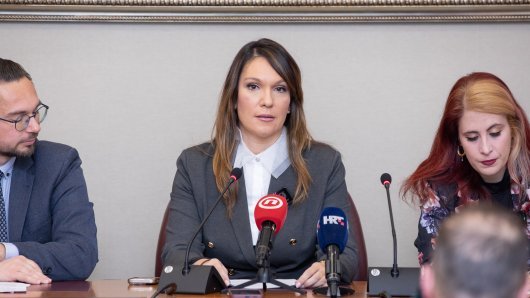Bosnia and Herzegovina should not demand of Croatia to observe higher standards for products of plant and animal origin than those applicable to its own consumers, and Croatian products should continue to be exported to Bosnia and Herzegovina, the European Commission said on Wednesday following Bosnia and Herzegovina's decision to ban meat imports from some Croatian companies.
The Commission said in a statement, released on the website of the European Union Delegation to Sarajevo, that "almost all Croatia's agricultural products of animal origin fulfil EU food safety standards." It explained that the EU and Croatia had agreed on a transitional period until the end of 2015 by which time the Croatian companies that did not meet the EU standards needed to fulfil certain structural conditions if they wanted to export their products to other EU countries.
"As part of this transitional arrangement, the establishments in Croatia concerned cannot send their products to the rest of the EU. The products from these establishments can be placed on the Croatian market because the establishments fully ensure the food safety requirements. And these products can be exported to third countries, such as Bosnia and Herzegovina, if the country of destination agrees," the statement said.
The Commission noted that such imports from Croatia to Bosnia and Herzegovina had been allowed under a bilateral agreement which expired on July 1 when Croatia joined the European Union.
The Commission did not deny Bosnia and Herzegovina the right to check whether Croatian companies met minimum food safety standards equivalent to those in place in Bosnia and Herzegovina, but noted that "Bosnia and Herzegovina should not request from Croatia higher standards than those applicable to its own consumers."
"On the other hand, all food products from Croatian establishments which are listed under the 'Register of approved establishments dealing with food of animal origin' should continue at any rate to be exported to BiH," the statement said.
The statement came after the Bosnian Ministry of Foreign Trade and Economic Relations earlier in July imposed a ban on meat imports from those companies in Croatia that have not yet fulfilled the criteria for exporting to EU markets. The ban applied to over 50 slaughterhouses and meat processing plants in Croatia. The Bosnian authorities argued that this was because the meat producers in Croatia were no longer subject to the Central European Free Trade Agreement (CEFTA) which provided for less stringent standards than those applied by the EU.

































